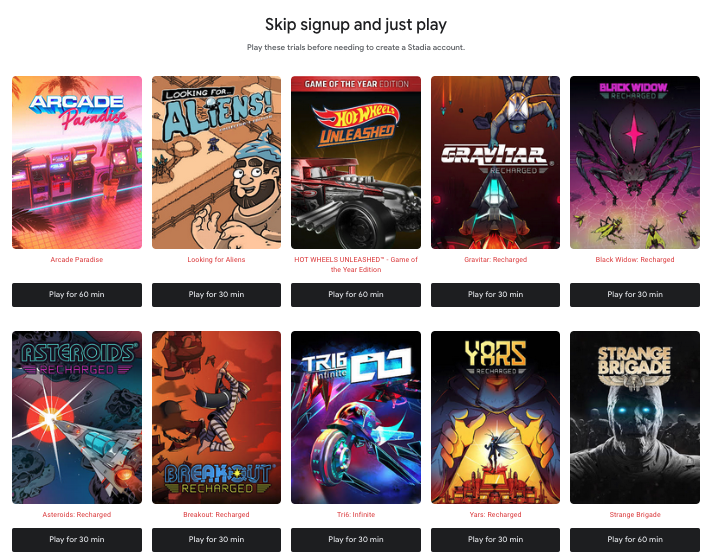There is more to business than great technology
Two years and a half after unveilling its video game streaming service Stadia at Google’s Developer Conference, Google announced on September 29 that Stadia is shutting down. Phil Harrison, VP and General Manager at Stadia, about the decission:
A few years ago, we also launched a consumer gaming service, Stadia. And while Stadia’s approach to streaming games for consumers was built on a strong technology foundation, it hasn’t gained the traction with users that we expected so we’ve made the difficult decision to begin winding down our Stadia streaming service.
There has been a lot written about Stadia’s shutdown. Many articles reference the now famous Google Cementery, a page that lists the products that the company has shut down since 2006 and even offers analytics of the average lifespan of Google products before it kills them (4 years on average).
Why did Stadia fail? Ben Thompson points out that Google found that advertising was a great match for search, but that their service grew so fast, they didn’t need to spend much time thinking about their business model. Similar things happened with Gmail and YouTube.
Videogames are a different industry.
From the technology side of things, Stadia was a fine product. Using a browser instead of dedicated hardware, It delivered enough frames per seconds for a good gaming experience. But as in any business, technology is only part of the equation. Having great technology is not enough. Google put little effort in its go-to-market strategy. And it was not for lack of resources.
For example, Google didn’t even announce a price when Stadia launched. The offer of games was poor, they had no exclusive titles, not even an exclusive for launch day. Check the titles below, taken from Stadia’s page. Any game in the list you are desperate to play? What do you think of the page layout? Where are the game trailers? They have some very good titles, but they have no prominent space on the webpage. Scroll two or three pages down on the original Stadia page to see them.
